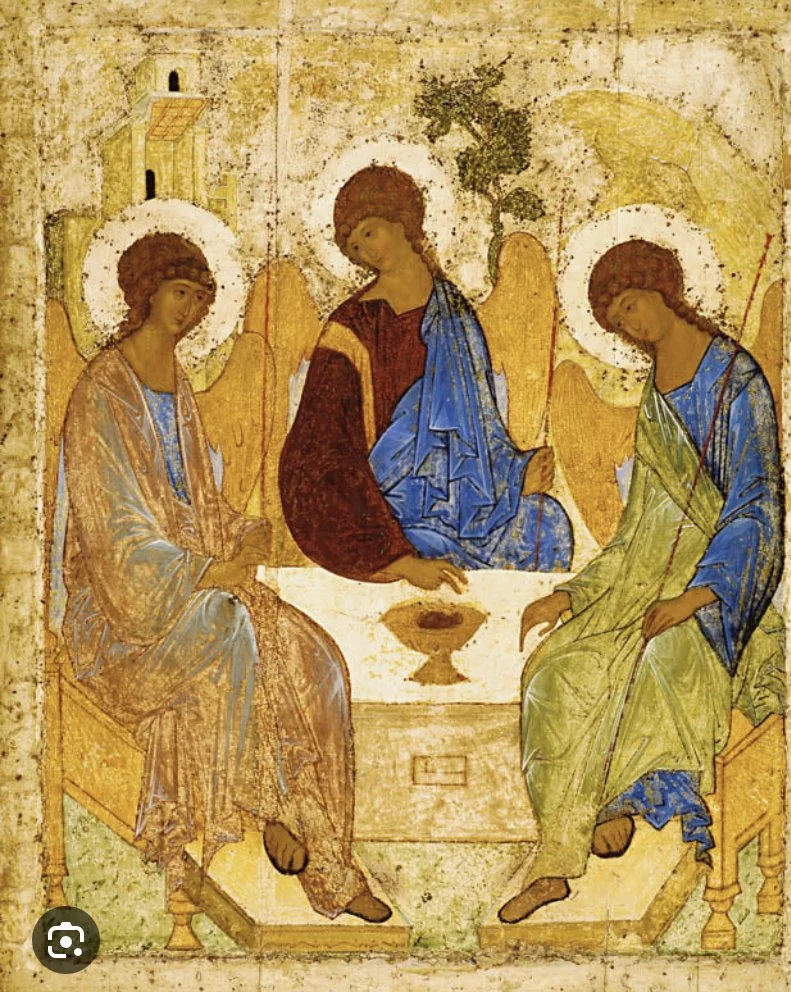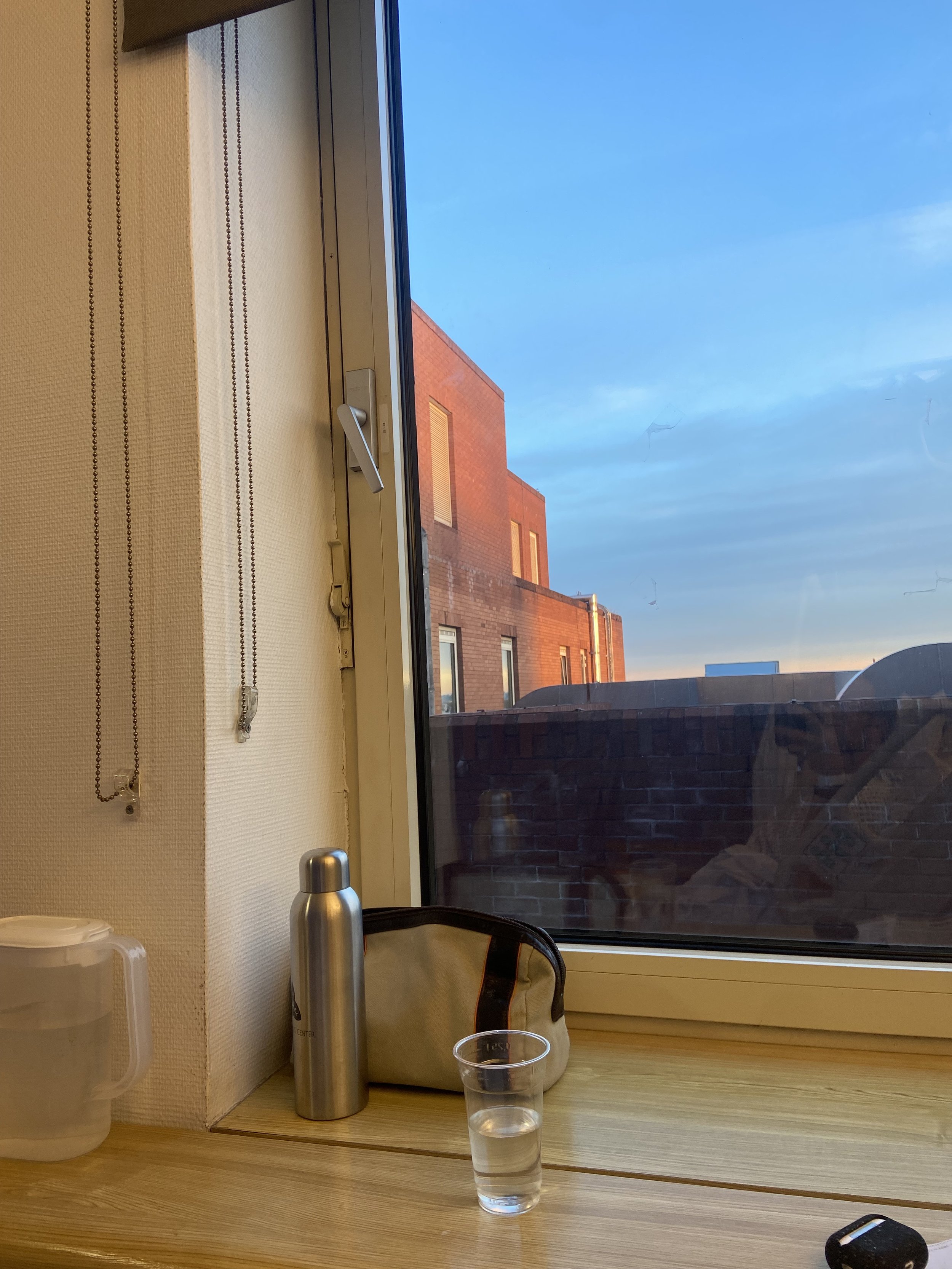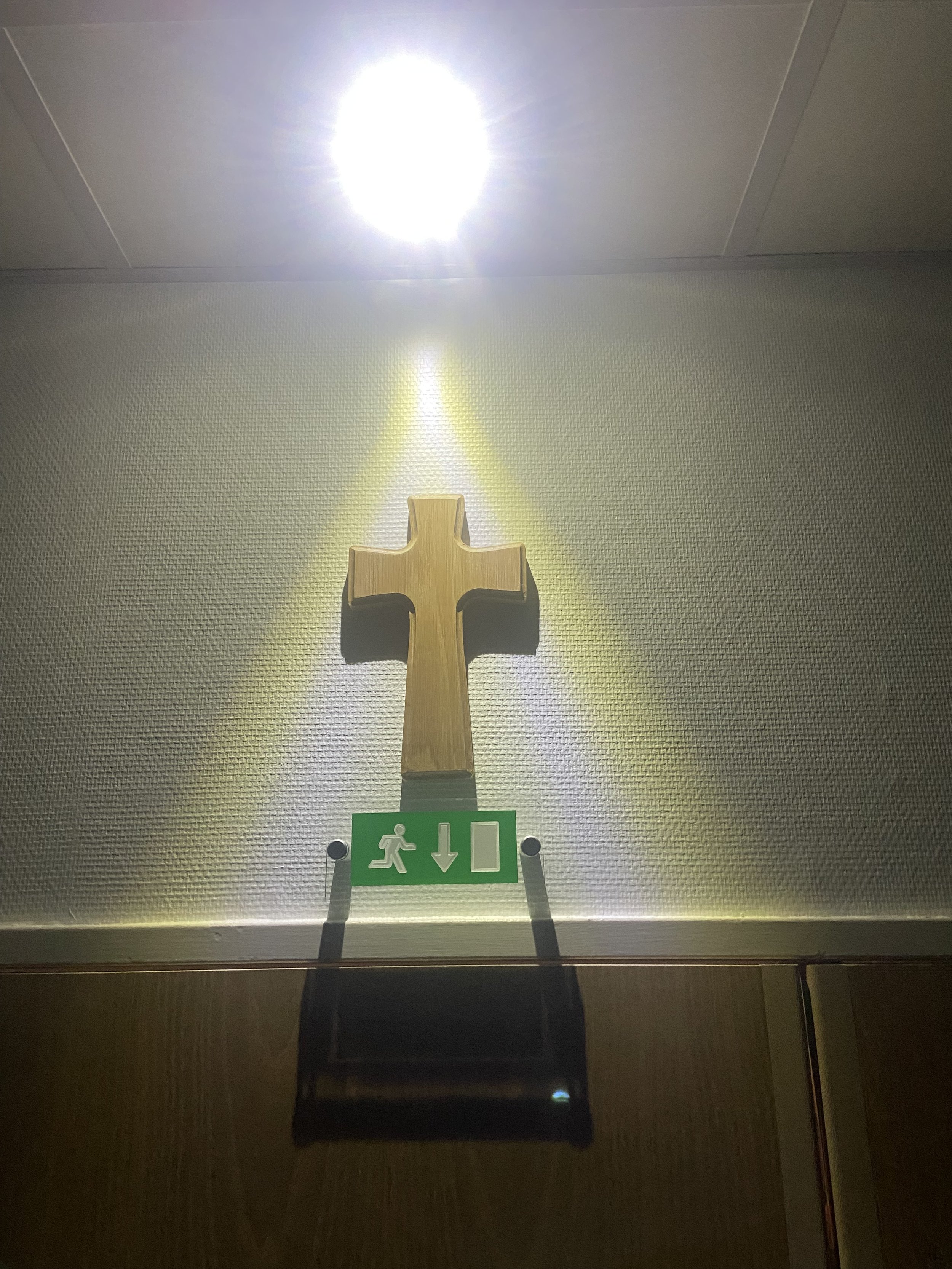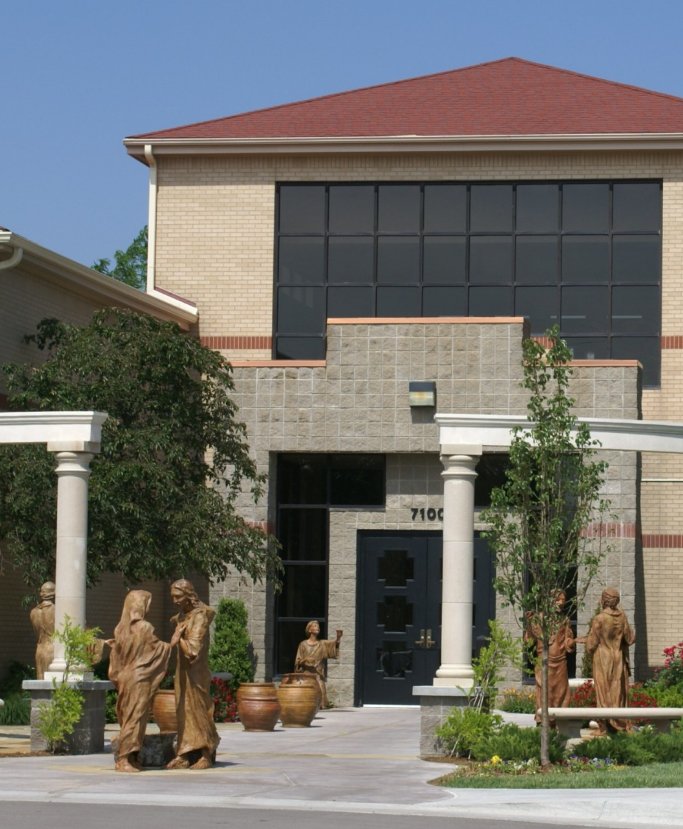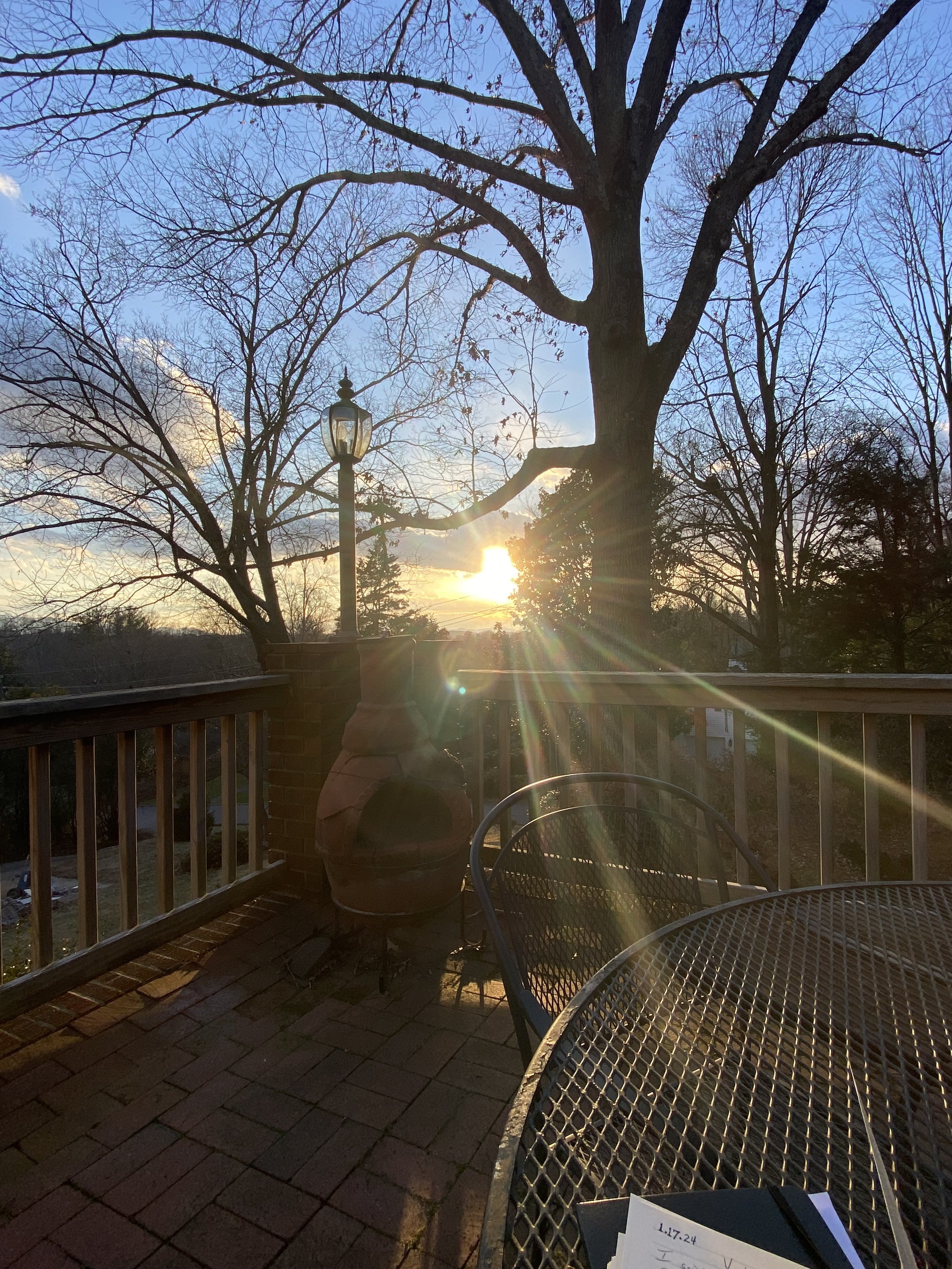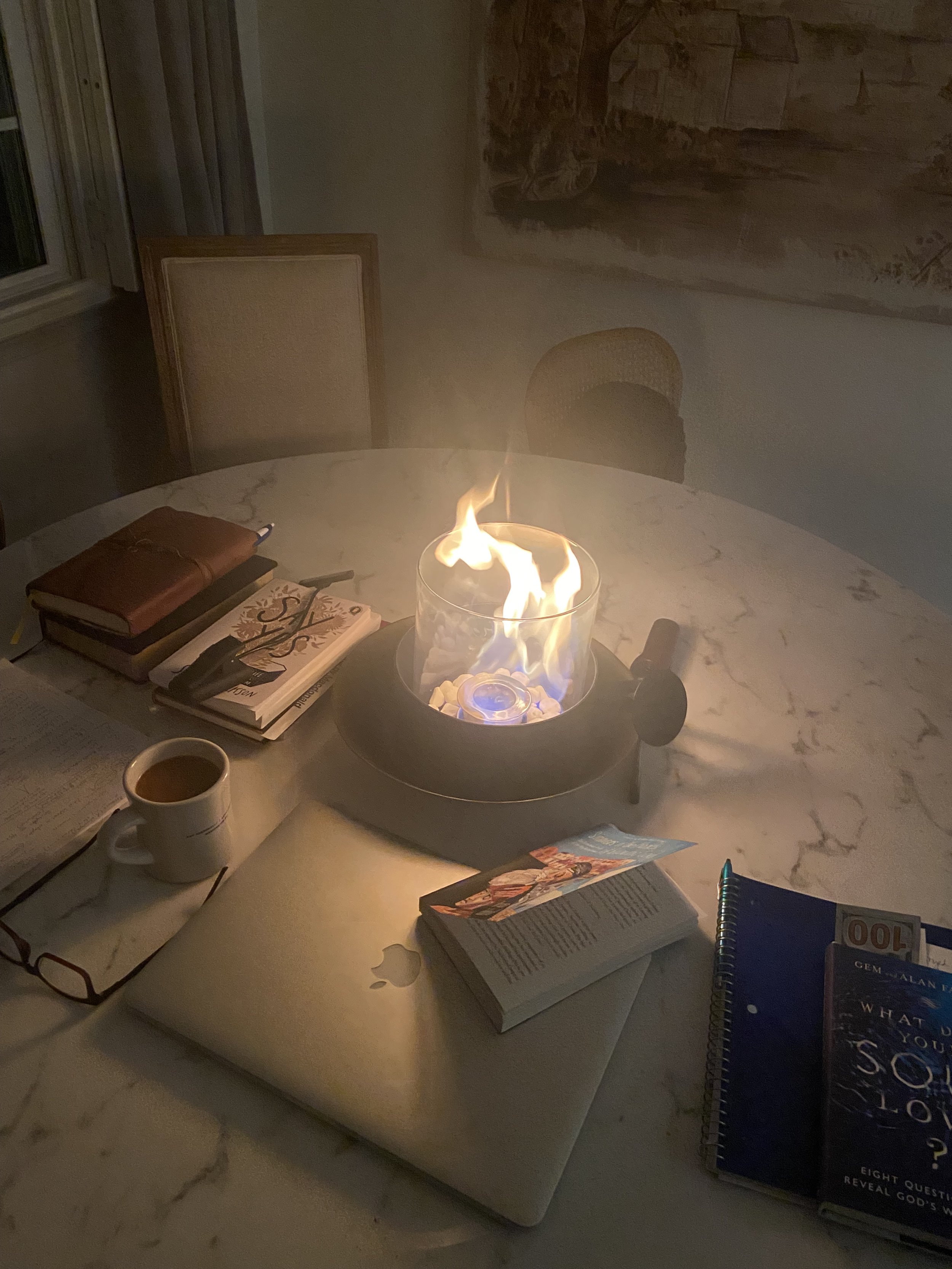Westover Life Community: Revisiting the Storylines of the Cross
A huge cross washed up on a beach in Florida
https://www.foxnews.com/us/giant-wooden-cross-washes-up-on-florida-beach
Stand in awe of the cross - look around… let’s take 3 laps around the cross…
Storylines from Scripture (three) or Angles upward, across and downward
Third storyline that may be refreshing, disturbing, eye opening, helpful to everyday life
Identify with this woman - keep her on our minds - have some implications at the end. I identify with her… bad dreams-discouragement - dismay… never thought I would experience church hurt… I never thought I would experience such pain as a parent… So hard I have to go somewhere - get out - retreat - desperate for God!!!
Walk down to the shore - narrow way available to all people (Matthew 7)
Three Storylines from Scripture (upward, across and downward)
(Exodus Story as the backdrop to understanding these 3 aspects of the cross)
1- THE CROSS AS FORGIVENESS OF SINS (upward storyline)
Behold, the Lamb of God who takes away the sin of the world (blood on the doorpost from Exodus 12:7)
John 1:28-30 This took place in Bethany across the Jordan where John was baptizing. 29 The next day he saw Jesus coming towards him and declared, ‘Here is the Lamb of God who takes away the sin of the world! 30 This is he of whom I said, “After me comes a man who ranks ahead of me because he was before me.”
Colossians 2:13 And when you were dead in trespasses and the uncircumcision of your flesh, God made you alive together with him, when he forgave us all our trespasses, 14 erasing the record that stood against us with its legal demands. He set this aside, nailing it to the cross.
Romans 5:18 Therefore just as one man’s trespass led to condemnation for all, so one man’s act of righteousness leads to justification and life for all. 19 For just as by the one man’s disobedience the many were made sinners, so by the one man’s obedience the many will be made righteous.
Access for all people- Started with Israelites and moved to all nations Forgiveness - new starts and Confidence - run to God in all ways (High Priest Hebrews 12) Temple Mount divisions - curtain torn from top to bottom (Red Sea Split)
2- THE CROSS AS JUSTICE AND FREEDOM (across storyline)
Let the oppressed go free (let me people go from Exodus 9:1)
Luke 4:18 ‘The Spirit of the Lord is upon me,
because he has anointed me
to bring good news to the poor.
He has sent me to proclaim release to the captives
and recovery of sight to the blind,
to let the oppressed go free,
19 to proclaim the year of the Lord’s favour.’
Micah 6:8 He has told you, O mortal, what is good; and what does the Lord require of you but to do justice, and to love kindness, and to walk humbly with your God?
Ephesians 2:13 But now in Christ Jesus you who once were far off have been brought near by the blood of Christ. 14 For he is our peace; in his flesh he has made both groups into one and has broken down the dividing wall, that is, the hostility between us.
-Dietrich Bonhoeffer - “our gospel freedom is for the sake of others”
-John Stott - “the Gospel is like two wings of a bird: personal holiness and social holiness”
-John B Hayes - “Shared Sorrow is half sorrow; shared joy is double joy”
3- THE CROSS AS UNION (downward storyline)
Those who eat my flesh and drink my blood abide in me, and I in them. (Eating the Lamb from Exodus 12:8)
John 6:56 Those who eat my flesh and drink my blood abide in me, and I in them. 57 Just as the living Father sent me, and I live because of the Father, so whoever eats me will live because of me. 58 This is the bread that came down from heaven, not like that which your ancestors ate, and they died. But the one who eats this bread will live for ever.’
Romans 6:4 Therefore we have been buried with him by baptism into death, so that, just as Christ was raised from the dead by the glory of the Father, so we too might walk in newness of life. (Waters = death)
Cf. Galatians 2:20 and Colossians 3:1-4 are below
“For who that has read the Gospel does not know that Christ counts all human suffering his own? —“Origen, On Prayer 11.2
“The broken body of Christ is a feast.” - Tim Keel
->The most repeated phrase of Jesus was lose your life to find life. There is surprise with the resurrection!
->Release control in the presence of God/ ego stepping down
“The Rest of the Gospel: When the Partial Gospel Wears you Out by Dan Stone (the title itself says so much)- favorite union with Christ trade book
“Cruciformity” - an architectural term for old churches (cathedral in the shape of the cross) - Michael Gorman book is highly recommended.
“Co-crucifixion or cruciformly, is an ongoing reality, a life-style. Cruciformity is what counts, what matters… Paul invites his communities to allow their lives, like his, to tell once again the word of the cross.” -Cruciformity by Michael Gorman p. 33
Review: 3 storylines of the cross - forgiveness of sin (blood on the doorpost) - a justice and freedom for all people (let me people go) - eating the lamb meat - union with Christ for everyday living.
TRANSITION TO QUESTIONS: Karl Barth had less concern with getting religion right but more concern with getting it lived.
Discussion questions:
1-What do you see as you make these 3 laps around the cross?
And how can what you see GET LIVED?
2-Consider the woman on the beach with the cross - what did you hear today that could impact her soul care-discipleship?
Who in your sphere of life is coming to mind and why?
3-Other implications for the third aspect: cruciform life?
Implications for me - Cruciform Life (cross shaped life) angles, lines
Personal hurt (pain as a parent and betrayal as a church goer)
-cruciform identity (forgiven and free - labels)
-surprising hospitality - resurrection of Christ - Jesus on the beach &Emmaus Road
-ministry of presence - freedom FOR others
-brings the first two storylines together
Bibliography
Cruciformity by Michael Gorman
Rest of the Gospel by Dan Stone
Echoes of Exodus by Roberts and Wilson
Indwelling Life of Christ by Major Ian Thomas
Scripture References (3 Storylines of the Cross) up, across and down
Exodus 12:7-8 They shall take some of the blood and put it on the two doorposts and the lintel of the houses in which they eat it. 8 They shall eat the lamb that same night; they shall eat it roasted over the fire with unleavened bread and bitter herbs.
John 1:28-30 This took place in Bethany across the Jordan where John was baptizing. 29 The next day he saw Jesus coming towards him and declared, ‘Here is the Lamb of God who takes away the sin of the world! 30 This is he of whom I said, “After me comes a man who ranks ahead of me because he was before me.”
Colossians 2:13 And when you were dead in trespasses and the uncircumcision of your flesh, God made you alive together with him, when he forgave us all our trespasses, 14 erasing the record that stood against us with its legal demands. He set this aside, nailing it to the cross.
Romans 5:18 Therefore just as one man’s trespass led to condemnation for all, so one man’s act of righteousness leads to justification and life for all. 19 For just as by the one man’s disobedience the many were made sinners, so by the one man’s obedience the many will be made righteous.
Ephesians 2:13 But now in Christ Jesus you who once were far off have been brought near by the blood of Christ. 14 For he is our peace; in his flesh he has made both groups into one and has broken down the dividing wall, that is, the hostility between us. 15 He has abolished the law with its commandments and ordinances, so that he might create in himself one new humanity in place of the two, thus making peace, 16 and might reconcile both groups to God in one body through the cross, thus putting to death that hostility through it.
Luke 4:16-19 When he came to Nazareth, where he had been brought up, he went to the synagogue on the sabbath day, as was his custom. He stood up to read, 17 and the scroll of the prophet Isaiah was given to him. He unrolled the scroll and found the place where it was written:
18 ‘The Spirit of the Lord is upon me,
because he has anointed me
to bring good news to the poor.
He has sent me to proclaim release to the captives
and recovery of sight to the blind,
to let the oppressed go free,
19 to proclaim the year of the Lord’s favour.’
Exodus 9:1-3 Then the Lord said to Moses, ‘Go to Pharaoh, and say to him, “Thus says the Lord, the God of the Hebrews: Let my people go, so that they may worship me. 2 For if you refuse to let them go and still hold them, 3 the hand of the Lord will strike with a deadly pestilence your livestock in the field: the horses, the donkeys, the camels, the herds, and the flocks.
John 15:13 No one has greater love than this, to lay down one’s life for one’s friends.
John 10:15 just as the Father knows me and I know the Father. And I lay down my life for the sheep.
Micah 6:8 He has told you, O mortal, what is good; and what does the Lord require of you but to do justice, and to love kindness, and to walk humbly with your God?
Matthew 5:11 the blind receive their sight, the lame walk, the lepers are cleansed, the deaf hear, the dead are raised, and the poor have good news brought to them.
Galatians 2:20 it is no longer I who live, but it is Christ who lives in me. And the life I now live in the flesh I live by faith in the Son of God, who loved me and gave himself for me.
Romans 6:3-5 Do you not know that all of us who have been baptized into Christ Jesus were baptized into his death? 4 Therefore we have been buried with him by baptism into death, so that, just as Christ was raised from the dead by the glory of the Father, so we too might walk in newness of life. 5 For if we have been united with him in a death like his, we will certainly be united with him in a resurrection like his.
Colossians 3:1-4 So if you have been raised with Christ, seek the things that are above, where Christ is, seated at the right hand of God. 2 Set your minds on things that are above, not on things that are on earth, 3 for you have died, and your life is hidden with Christ in God. 4 When Christ who is your life is revealed, then you also will be revealed with him in glory.
John 6:52 The Jews then disputed among themselves, saying, ‘How can this man give us his flesh to eat?’ 53 So Jesus said to them, ‘Very truly, I tell you, unless you eat the flesh of the Son of Man and drink his blood, you have no life in you. 54 Those who eat my flesh and drink my blood have eternal life, and I will raise them up on the last day; 55 for my flesh is true food and my blood is true drink. 56 Those who eat my flesh and drink my blood abide in me, and I in them. 57 Just as the living Father sent me, and I live because of the Father, so whoever eats me will live because of me. 58 This is the bread that came down from heaven, not like that which your ancestors ate, and they died. But the one who eats this bread will live for ever.’ 59 He said these things while he was teaching in the synagogue at Capernaum.

